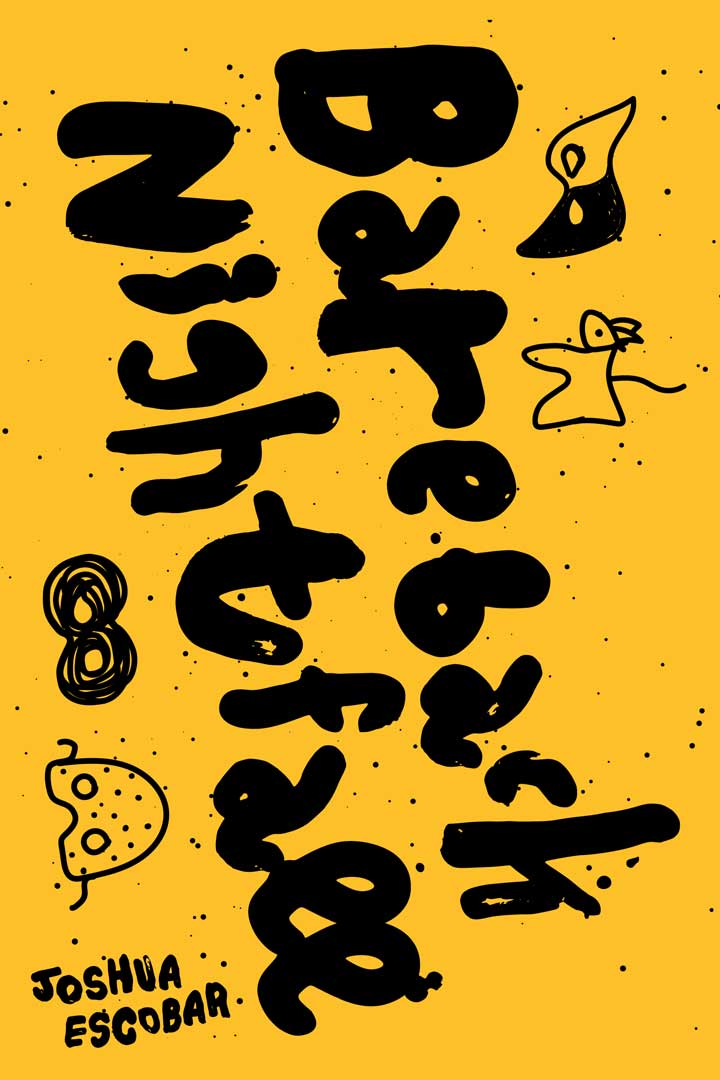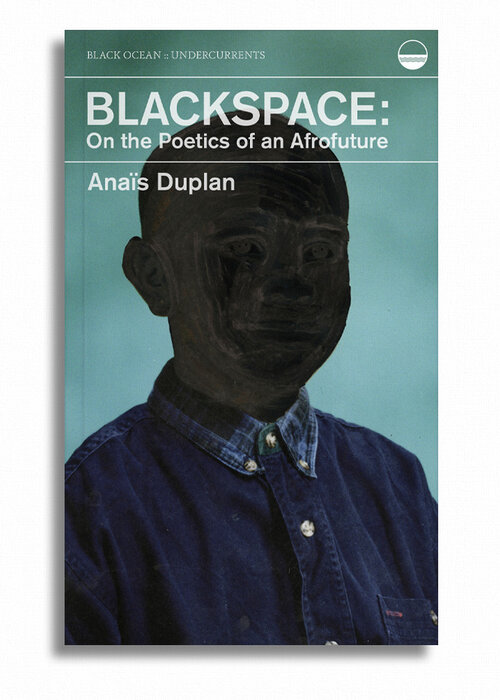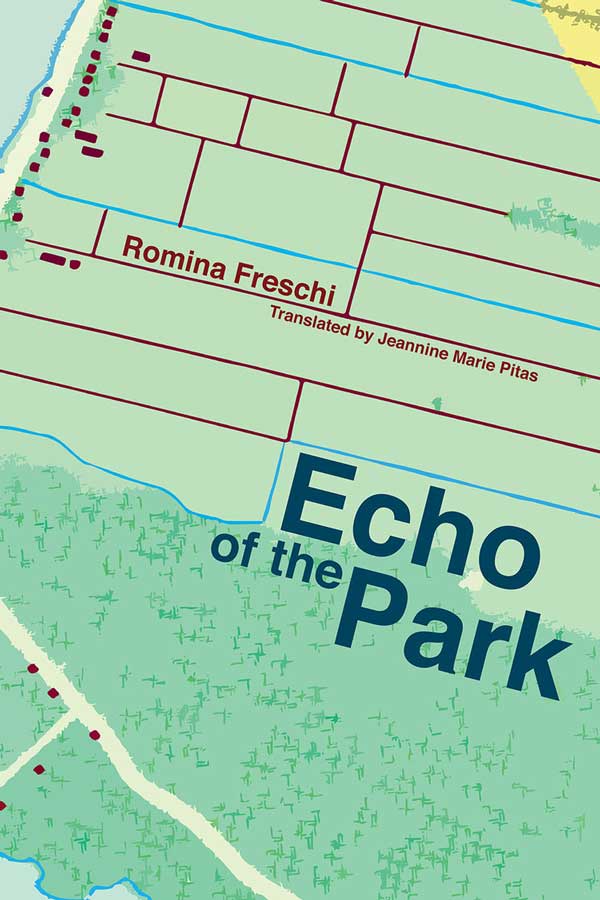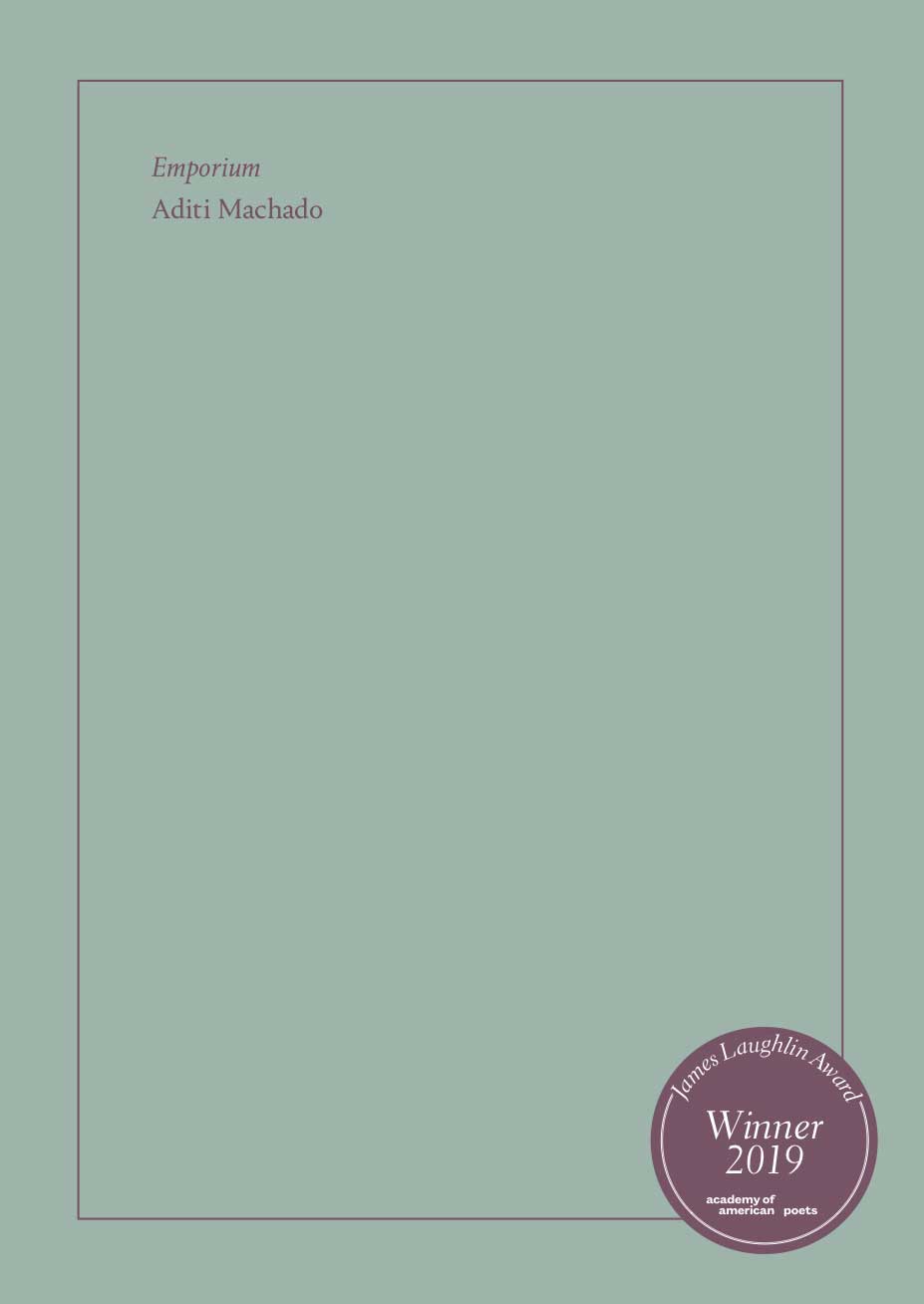BAREBACK NIGHTFALL
BY JOSHUA ESCOBAR
“Violence is ubiquitous and found in almost every sample.” Having cited Mike Davis, Joan Didion, and David Lynch as influences, poet Joshua Escobar’s Bareback Nightfall is a dynamic, startling debut! Rife with night and chaos, Escobar’s dystopic, narrative poems are sexy, excessive, and surreal. Milton’s Satan is here, too (“neighborhood abyss / devils ask for wax, never my thorns”). Escobar brilliantly sustains a psychological uneasiness reminiscent of Lynch’s Lost Highway or Dennis Cooper’s The Sluts. Like Cooper’s provocatively named “escorts” (snazzystocky, boybandluvXXX, builtlikeatruck44), Escobar has created a similarly serpentine world of numbered bathers, passengers, hustlers, and imps. These moans from the darkness act as a backdrop to the nuanced relationship between DJ Ashtrae—a “Degenerate of the Piñatas”—and his relationship with Doctor Electronic: “He hangs his lip over my nose. He strokes me. I moan and whimper like a broken VCR. After he cums, he slings his backpack over his shoulder then goes for a cigarette, which gets lit by the time he reaches Alcatraz. I’m still on the ground, netted by my own plasma.” Like Fellini’s cinematic orgies of creation and pain, Bareback Nightfall reads like a queer “Proverbs of Hell.” An exhilarating, interlingual journey into “emergency mysteriousness.”
BLACKSPACE: ON THE POETICS OF AN AFROFUTURE
BY ANAÏS DUPLAN
“How do you technologize yourself,” asks Nathaniel Mackey. “How do you get out a version that at least approximates that self and, at the same time, registers your refusal to be satisfied that you have properly and authoritatively, or with some finality, articulated that self?” The second release from Black Ocean’s “Undercurrents” series, Anaïs Duplan’s Blackspace is a groundbreaking collection of memoirs, interviews, critical essays, and poems that attempts to answer the aforementioned questions and countless others. From Fred Moten’s assertion that “blackness is an avant-garde thing” to Lorraine O’Grady’s call for an art that doesn’t wear “white gloves,” Duplan is unapologetic in his exploration of self, desire, trauma, technology, identity, liberation struggles, and white hegemony. Reminding us that video art, like poetry, is a “time-based medium,” Duplan’s “Black Screen” contains a series of ekphrastic poems that respond to the work of Kevin Jerome Everson, Leah Gilliam, Ephraim Asili, and Tony Cokes (“the video / itself a manifesto / there is no mass / form and content”). In “We Did Not Originate in the Cosmos,” Duplan follows the work of Martine Syms and her “Mundane Afrofuturist Manifesto,” departing from a “science fiction-oriented Afrofuturism” in favor of something more speculative, more future-oriented: “As soon as the avant-garde rests upon a particular idea or esthetic, it’s dead. Science fiction, and any other artistic practice for that matter, can always only be a launching point for what’s-to-come.” Blackspace is a celebration of Black queer art and Black queer survival. It is the kind of visionary work so desperately needed today, tomorrow, and the next day. Blackspace *is* what’s-to-come.
DREAM BOAT
BY SHELLEY FELLER
“i put the anal back in bacchanal.” While faring Shelley Feller’s tempestuous landscape of “sissy missiles” and “thumping pucker fat,” the censorious history behind Little Richard’s acclaimed “Tutti Frutti” comes to mind. Drummer Charles Connor has claimed the original lyrics went: “Tutti frutti, good booty. If it’s tight, it’s alright. If it’s greasy, it make it easy.” Like “Tutti Frutti,” Dream Boat is a spectacularly coded and queer celebration of “all fruits.” Its dizzying pages pun and pop (“let the rain fall down”) and ooze a lyrical feast of “sissitude,” saturated with high-fat fruit emoticons and gilded bussies. “fatty fatty boombalatty / clogs class concupiscence / thrombotic, O.” You might feel at home in these pages, but Feller’s poetic sense of adventure—and dueling piratical registers—won’t let you get too comfortable: “canticle chemistry shallow / LETSGETSOAKINGWET sea born shadows bubble up stone- / sick ships derelict plundered / prophecy: / s.o.s. i is there / assailed & sore’d.” The physical book blubs and pangs with an “S.O.S.” language of words thrown overboard. Feller will upside-down readers as they literally steer this sinking ship of “seamen” and shifting tsunami-like perspectives: “((wig)) if curl ((wig)) hurl ((wig)) showgirl / burl ((wig)) blow yer budget ((wig)) buy now / pay later add to wishlist ((wig)) do you feel / ((wig)) that already”
ECHO OF THE PARK
BY ROMINA FRESCHI, TRANSLATED BY JEANNINE MARIE PITAS
“Plastics, propylenes / roll like tumbleweed / getting anointed / by pollen and feces / they pertain / to so many species / so few / those that remain / and those cultivated / they fit in all the gears and still / end up crushed.” A book of “feathered hearts” and “world-bashed cement,” Jeannine Marie Pitas’ translation of Romina Freschi’s Echo of the Park is a captivating work that challenges “everything ever built.” In this full-length English-language debut, Freschi explores a bird-human speaker’s relationship to grief, sound, and memory. Set in a Buenos Aires park built on a site of political turmoil, the bewitching “echo” of Echo of the Park blurs the lines between nature and artifice, life and death. The speaker of these deeply philosphical poems is sometimes a bird named Sor Juana, sometimes a human struggling to recall an “Eden” that “didn’t / last.” Freschi’s ecologically charged poems prompt us to confront mortality as we search for the paradisiacal in the construction of a public park, yielding a fascinating confluence between human and inhuman: “the ants carry / the tiny / piece of found fruit / that will never be whole / but will be home / a tunneled cave / to sustain the species / its intricate / suppositions and superpositions.”
.
EMPORIUM
BY ADITI MACHADO
“Origins: sovereigns: / oranges.” I have admired poet-translator Aditi Machado’s work for a long time. We both share a fondness for metaphors in translation. Walter Benjamin’s “The Task of the Translator” comes to mind—specifically his fruit metaphor (which often reminds me of oranges and orange rinds specifically): “In the original, content and language constitute a certain unity, like that between a fruit and its skin, whereas a translation surrounds its content as if with the broad folds of a royal mantle.” Emporium clearly isn’t a translation, but I bring up this quote from Benjamin because I think it might be an important metaphor for thinking about how Machado approaches the “whiplash” of poetic language. One of my favorite poems in the collection—“Or”—feels like a poem that could have only been written by a translator, by a person who is constantly cycling between languages. The title “Or” itself suggests the chaos of alternatives. Machado writes, “here I stumble / to approximate the durations of others, to appear / of the same time as though of space, / I worry terribly, I hesitate, I lose my measure, a juice / trickles down my side” and later “Ever since the accent I find my mouth / in places unforeseen. I’m given to / the understanding of others.” She re-defines the notion of “emporium,” rendering it as an absence of “material”—a “fine spray.” A near-nothing. This near-nothingness is juxtaposed with the poem that follows—the aptly named “nation”—a poem that acknowledges many “abuses.” Terror itself. Machado writes, “The body is pronounced bawdy. / And here a faith in materials I too cagily profess. / And then ‘the sense / faints.’ / Fold this. / Steadily you discover exteriors. Fold them.” Again, Machado leaves me thinking about the possibilities of language and a translator’s genius brain, the folds of the “royal mantle.” What I’m trying to say is that Aditi Machado is a genius! I consistently feel challenged by her work. Winner of the 2019 James Laughlin Award, Machado’s Emporium is a sustaining book of rhythmic, unwavering poems, sharp-eyed in her interpretations of silk, gender, and purity, discerning in her understanding of the strangeness of language. The poetry is also just as dynamic on the page as it is when she performs the poems aloud: “I bartered my socialisms for something hierarchic, something hemorrhagic, hagio-cratic, her-metical, hell, helical, her-heretical, hire, hire, hieroglyphic, had her, hatter, heteronomous, hire, hair, hairy. It was a hairy time.”




